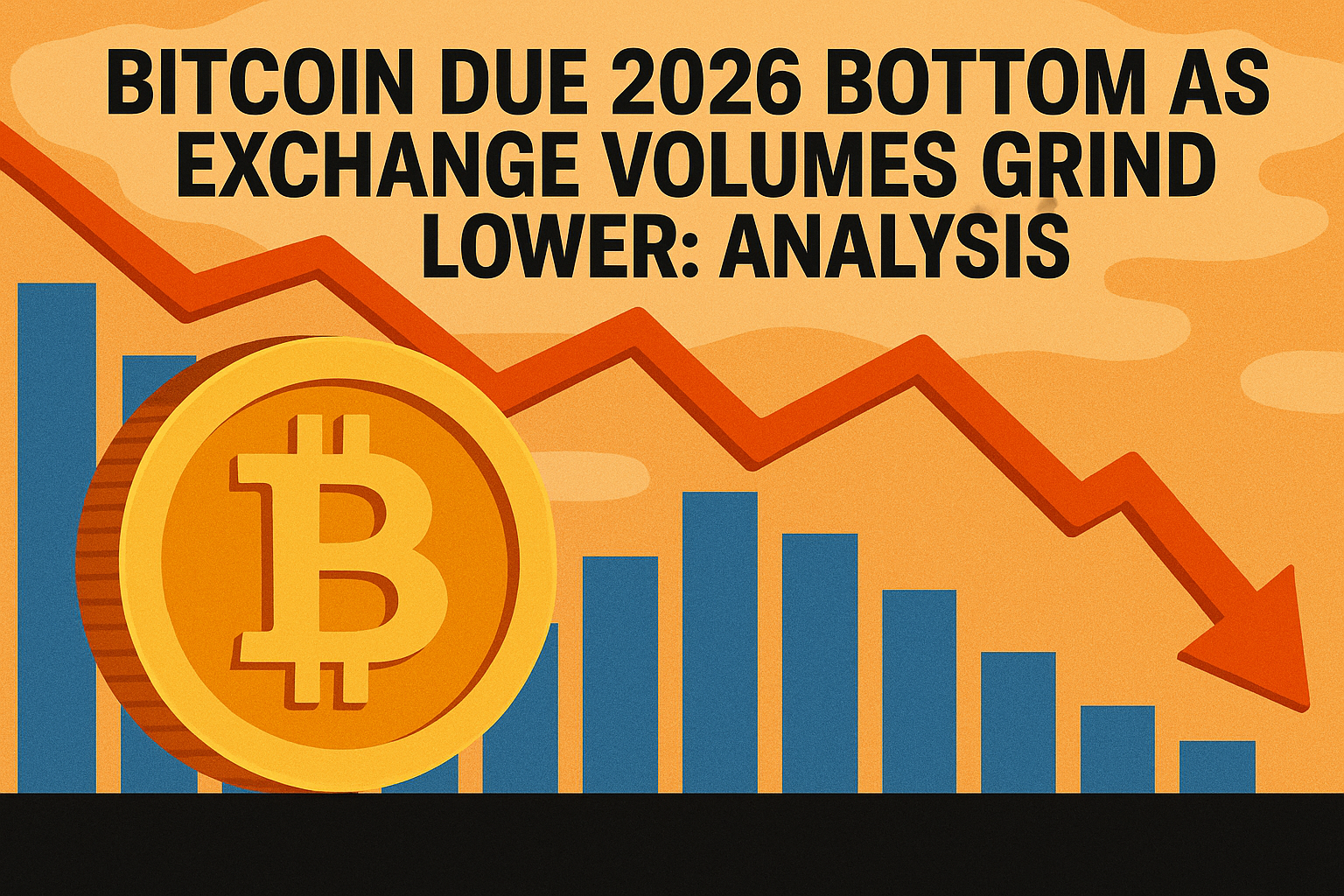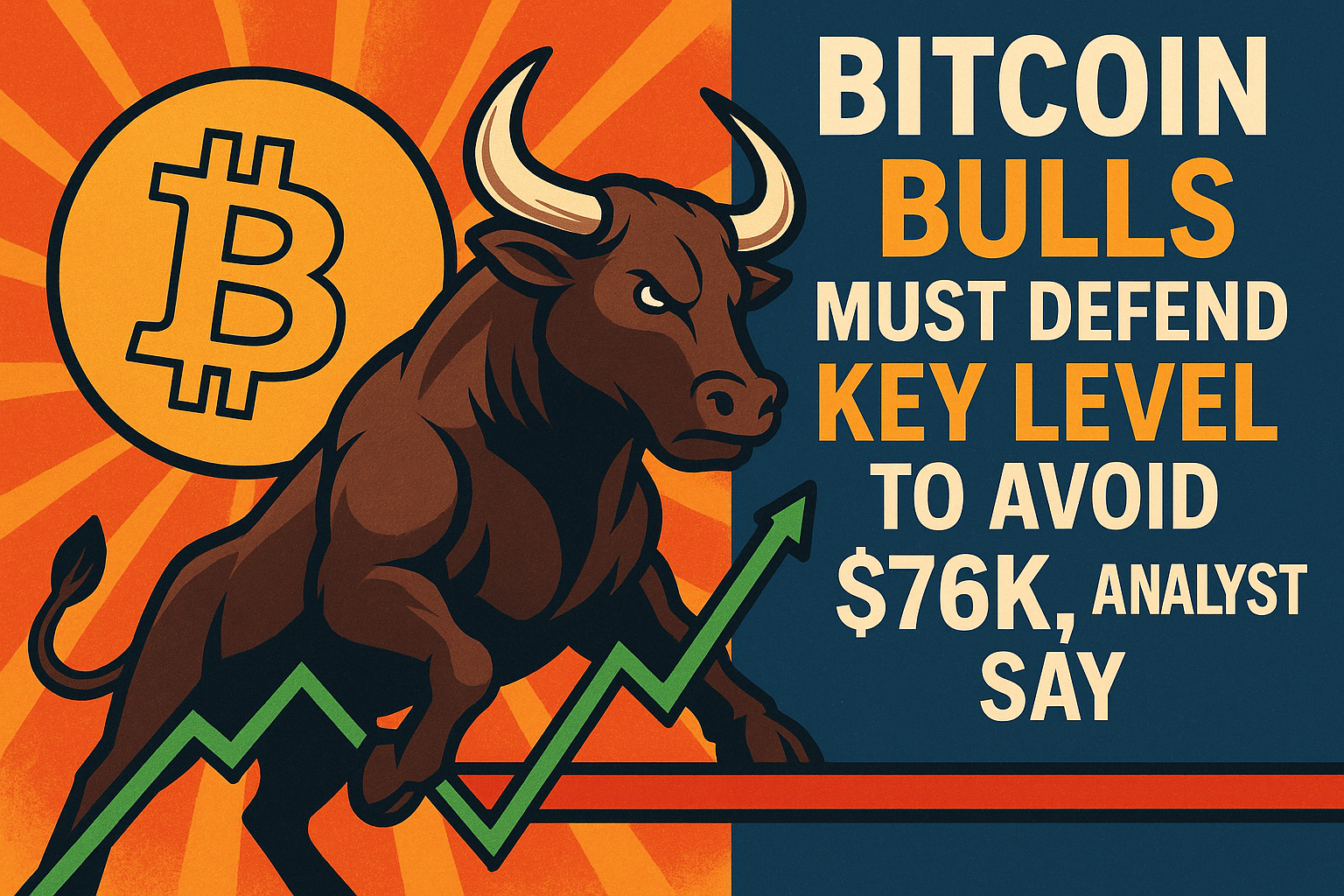Table of Contents
Over the past ten years, "cryptocurrency" has become super common. Bitcoin is like the captain of the ship, leading the way. Many other digital currencies, called altcoins, have popped up, each with unique features.
Bitcoin is a digital currency or cryptocurrency, often called digital gold, which emerged in 2009. Transactions on the Bitcoin network are recorded on a public ledger called the blockchain, ensuring transparency and security.
Bitcoin's value is determined by supply and demand dynamics Its goal was to create a peer-to-peer electronic cash system that allows users to conduct transactions without banks or governments. As the first and most well-known cryptocurrency, Bitcoin has gained attention and adoption, serving as a store of value, medium of exchange, and investment asset.
How Bitcoin Works?
Bitcoin uses a digital ledger called the blockchain. This ledger keeps a transparent and secure record of all transactions. Transactions are added to the blockchain through mining, which involves solving puzzles.
Mining is like solving puzzles to confirm transactions and add them to the Bitcoin blockchain. Miners compete to be the first to solve these puzzles, and the winner gets new bitcoins as a reward, plus transaction fees. This process keeps Bitcoin secure and prevents fraud. However, mining needs a lot of computer power and energy, which makes it challenging and resource-heavy.
Key Features of Bitcoin
Bitcoin is like digital cash; it is not controlled by any single authority, which makes it hard to mess with. Only a set amount of Bitcoin can ever exist, which keeps its value up. Transactions are transparent and super safe from hacking and fraud.
Essential Guidelines for Cryptocurrency:
- Learn about blockchain basics, crypto markets, and risks.
- Invest cautiously due to market volatility.
- Protect your crypto with strong passwords and trusted wallets.
- Diversify your portfolio with Bitcoin and other altcoins.
- Stay updated on regulations for legal compliance.
Choose the Best Cryptocurrency
Choosing the "best" cryptocurrency depends on your goals. Bitcoin is like digital gold, while Ethereum powers smart contracts and decentralized apps. Other coins have unique features, like privacy or scalability. It's about what fits your needs and beliefs.
Current State of Cryptocurrency
Cryptocurrency is still volatile. Bitcoin is still at the top, but other digital coins are gaining ground, especially Ethereum. Some countries regulate it, and others don't. Big companies are getting into it, and NFTs are a big deal, too. But remember, it's a wild ride, so stay informed and be careful with your investments.
The Future of Cryptocurrency: Uncertain Path Ahead
It's hard to say if cryptocurrency will be the only money in the future. It faces challenges like regulation, scalability, and volatility. Its widespread adoption depends on various factors, such as technology advancements, regulations, and societal acceptance. It might work alongside regular money, but we cannot predict its future. You can Buy GMX accounts to harness a full spectrum of digital marketing for sophisticated market solutions.
Government Perspectives: Physical Currency vs. Cryptocurrency
From a government standpoint, physical currency is more controllable and stable, regulated by central authorities, and easier to track for taxation. Cryptocurrency, however, is decentralized and harder to regulate, presenting challenges for oversight and taxation.
Choosing What Fits You
Deciding between cryptocurrency and physical currency depends on your needs. Physical money is private and accepted everywhere, but it is not great for online transactions. Cryptocurrency is fast online but not as widely accepted and can be risky. It's about what suits you best.
Selecting the Right Cryptocurrency for Investment
Selecting the right cryptocurrency for investment requires careful consideration, understanding your investment goals, risk tolerance, and research. Bitcoin is often considered safer, while Ethereum is famous for its innovative contract features. Investors must assess various factors to make a good decision. These factors may include
- Its use case and utility.
- The team and community behind the project.
- Market trends and sentiment.
- Regulatory considerations.
- Risk-reward dynamics.
Drawbacks
Cryptocurrency has its drawbacks. It's often unpredictable, with prices that can change a lot. Rules about it are still being figured out, making things uncertain. There's also the risk of it being stolen because online wallets and exchanges can be targets for hackers. Some cryptocurrencies struggle with handling lots of transactions quickly, and the way they're made can use a lot of energy, which isn't good for the environment. Plus, if something goes wrong with a transaction, there's not as much protection for users as with regular money. These challenges must be addressed before cryptocurrency becomes more widely used and trusted.
Conclusion
Cryptocurrency, like Bitcoin, has been around for over a decade, and it's changing fast. Bitcoin has emerged as a revolutionary digital currency with the potential to reshape the global financial system. Despite facing challenges and criticism, Bitcoin continues to gain value as a medium of exchange and investment asset.
Understanding Bitcoin and other digital currencies is super important. Whether you're just starting or have been in the game for a while, stick to investing principles while exploring this exciting cryptocurrency world. Whether it achieves mainstream acceptance or not, Bitcoin has undeniably left a profound impact on the world of finance and will continue to shape the future of money for years to come.






